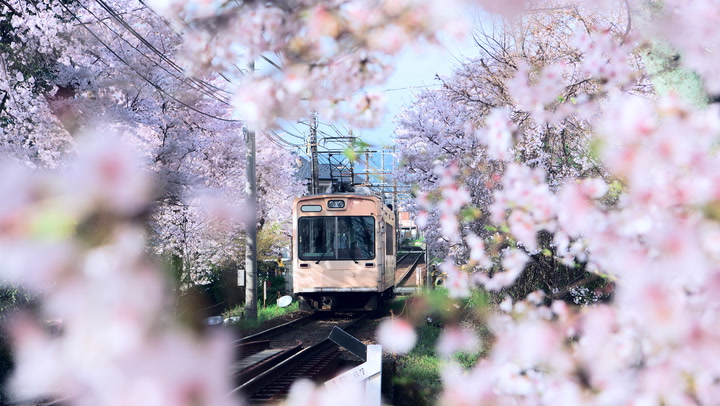Japan Rail Pass Price Increase Overview
- Upcoming Price Changes: A reduction in affordability for rail passes.
- New Purchase Guidelines: Limited purchasing options for travelers.
- Comparative Context: Examining trends in rail travel prices globally.
Japan Rail Pass to Increase in Price
The Japan Rail Pass offers an efficient and cost-effective way to explore the country; however, it is going up in price this fall.
The cost of a 7-day rail pass, known as the JR Pass, will increase from as low as 29,650 yen ($201.19) when purchased from an authorized retailer to 50,000 yen ($339.28), marking a nearly 70 percent increase, according to the Japan National Tourism Organization. This price increase will take effect on Oct. 1 and represents the first increase in several years.
A spokesman for the JR Group told The New York Times that the increase follows improvements to its service, including extending lines and updating reservation systems.
“As a result, the actual benefits greatly exceed the product price,” the spokesman stated, adding, “we have decided to revise the price to an appropriate level.”
When the new pricing goes into effect, a 14-day JR Pass will rise from as low as 47,250 yen ($320.62) to 80,000 yen ($542.85), while a 21-day pass will increase from 60,450 yen ($410.19) to 100,000 yen ($678.56). Child passes for those aged 6 to 11 will cost 50 percent of the adult price.
Passes for the Green Car will also experience a price increase, moving from as low as 39,600 yen ($268.71) for a 7-day pass to 70,000 yen ($474.99).
:max_bytes(150000):strip_icc():format(webp)/TAL-cherry-blossoms-train-tokyo-japan-JPNRAIL0923-6edf3f44793d462fb602a8654b452911.jpg)
With the new system in place, travelers will also be unable to purchase rail passes from ticket offices in Japan. Consequently, passes will only be available to buy online or through authorized retailers.
Japan’s rail system is renowned for having some of the fastest trains in the world, including bullet trains that run at speeds exceeding 200 mph. The trains criss-cross the country, enabling travelers to navigate major cities efficiently while also accessing regional lines.
However, while Japan is increasing the cost of unlimited rail passes, several countries in Europe are making it easier and cheaper to access trains. For example, Portugal has just launched a new rail pass that allows travel up and down its coast for under €50 ($53.65). Countries like Spain, France, and Germany have unlimited passes available, aiming to promote rail travel across Europe.




